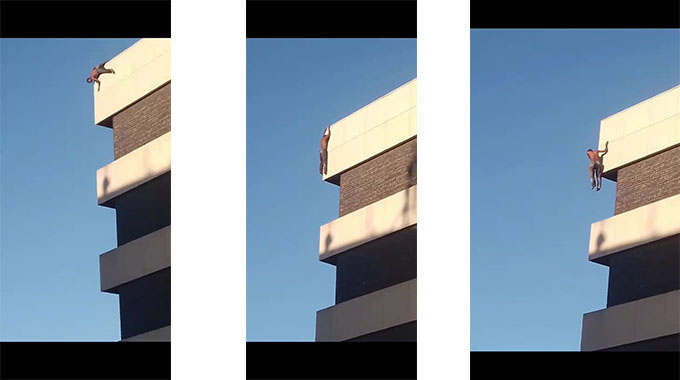Lupane State University blows $100k a month on rent
Oliver Kazunga Senior Reporter
LUPANE State University is spending more than $100,000 monthly on rentals for sporting venues in Bulawayo. The university also operates from rented premises at National Railways of Zimbabwe and other facilities in Bulawayo as construction of a campus in Lupane continues at a slow pace. This means that the university pays much more than $100,000 in rentals if costs for leasing learning space and administration offices are factored in.
Matabeleland North senator, Sibusisiwe Budha-Masara revealed this in Parliament on Thursday during the second reading of the Marondera University Agricultural Sciences and Technology Bill.
The Bill was gazetted on September 3, 2014.
“The Minister of Finance and Economic Development (Cde Patrick Chinamasa) needs to invest in our education.
“If we sit and decide that we want a university, then we must create funding … LSU is paying over $100,000 a month to rent various sport venues in Bulawayo and very little is happening in Lupane because no money has been disbursed to the university for capital projects,” said Budha-Masara who is also a founding member of LSU and councillor.
Due to lack of money to complete capital projects at campus, she said, the university was finding it difficult to lure skilled Zimbabwean lecturers from South Africa.
“When interviewing professors and eligible lecturers,” she said, “they have a challenge because they see the advertisement online and apply from South Africa, but when they get here they ask where the university is. They’re told it’s in Lupane. They would’ve passed the interview and they don’t come back.”
Bhudha-Masara said all the State universities in the country did not have skilled manpower due to lack of infrastructure.
She said: “When I was at LSU, we visited South Africa on a Public Private Partnership programme in order to mobilise resources for the construction of the university and we found people who were willing, but what they wanted was a guarantee from the government to say if we build these student hostels at $40 million can government guarantee that if the school fees aren’t adequate they’ll chip in and government refused. If we’re serious about ensuring that these universities and the PPPs work, government must commit itself and guarantee these activities.”
Bhudha-Masara said despite the budgetary constraints, the government should fund infrastructural development at State universities.
She said:
“I appreciate where the minister (Cde Chinamasa) is coming from, but when he allocates money, he must disburse the funds.”
Last December, Cde Chinamasa said the government would this year start retrenching thousands of civil servants as part of a grand strategy to reduce the ballooning salary bill that was threatening the funding of capital projects.
Cde Chinamasa presented a $4,1 billion 2015 national budget of which $3,32 billion (81 percent) was expected to meet employment costs with the remaining $798 million to cater for operations, debt servicing and capital development programmes.
Contributing to the same debate last week, Binga legislator, Joel Gabbuza, said the country risked having incomplete universities if government fails to commit itself to infrastructural development.
He said lack of infrastructure at universities also compromised Zimbabwe’s education system.
“We don’t want to see half-baked students because without infrastructure, there is no way we can expect to produce quality education. We implore the Ministry of Higher and Tertiary Education, Science and Technology Development to seriously consider this even if it means we’ve to embrace PPPs then let us have them assisting the government in infrastructure development. They (PPPs) run these institutions, students pay and we’ve serious universities taking shape. If we’ve more of the substandard institutions sprouting throughout the country, the quality of education of this country will be compromised,” he said.









Comments